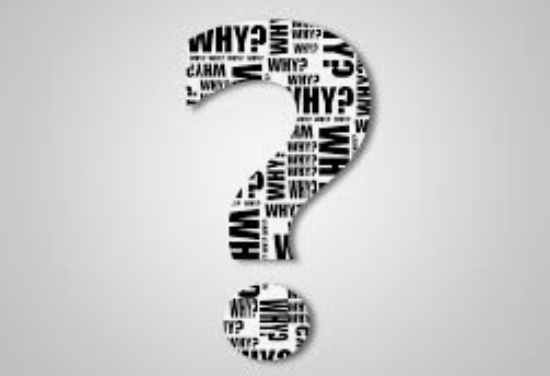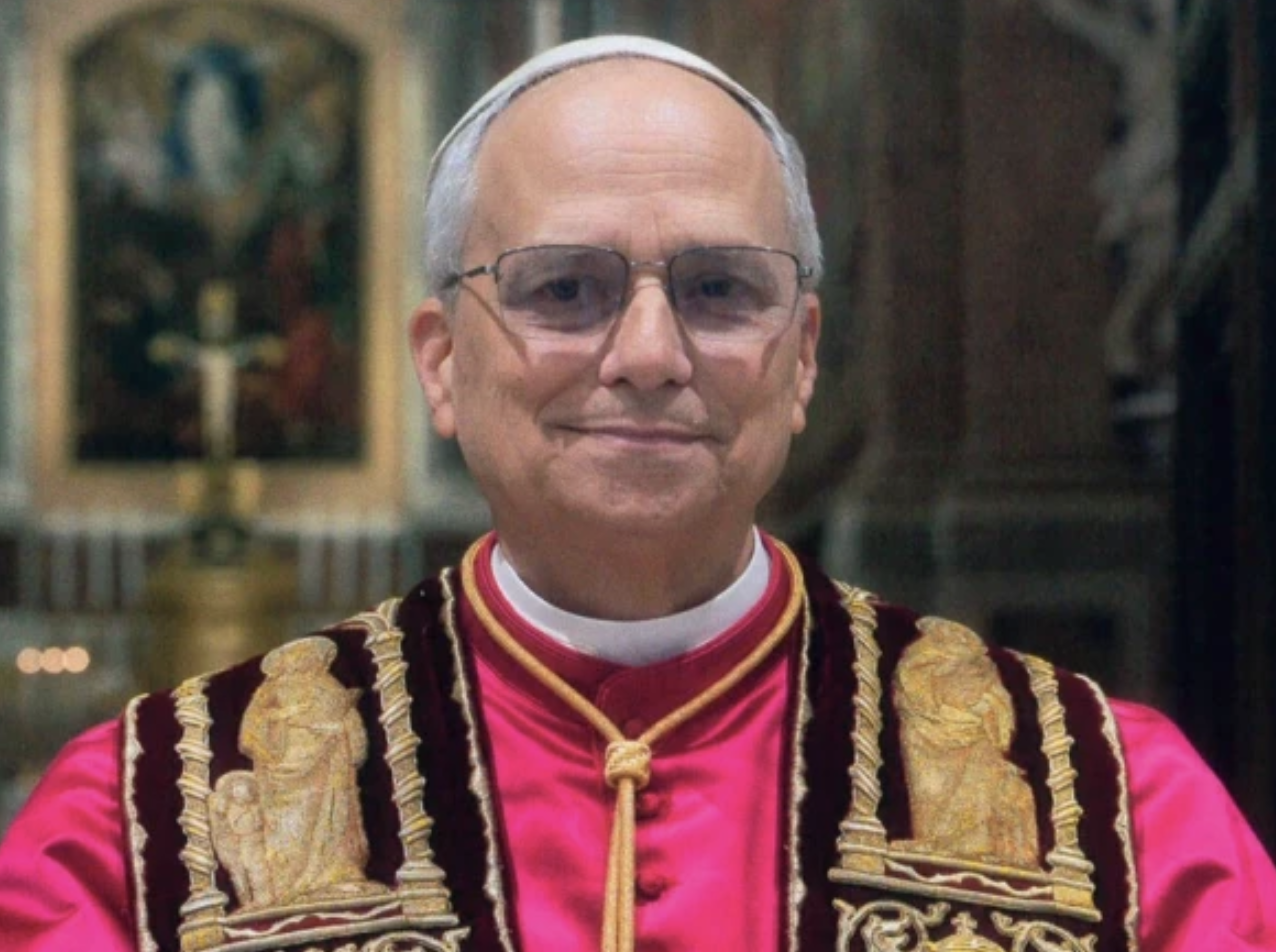It's the question believers have asked for centuries when wars threaten nations, storms ravage cities and diseases strike loved ones: "Why, oh God, why?"
Former U.S. Senator Ben Sasse of Nebraska, 53, elected not to ask that question in an X post just before Christmas that said: "I'll cut to the chase: Last week I was diagnosed with metastasized, stage-four pancreatic cancer, and am gonna die.
"Advanced pancreatic is nasty stuff; it's a death sentence. But I already had a death sentence before last week too -- we all do. I'm blessed with amazing siblings and half-a-dozen buddies that are genuinely brothers. As one of them put it, 'Sure, you're on the clock, but we're all on the clock.' Death is a wicked thief, and the bastard pursues us all."
Sasse served as a Republican senator from 2015 until his resignation in 2023, when he became president of the University of Florida. He left that job in July 2024, after his wife, Melissa, was diagnosed with epilepsy, while also wrestling with memory issues.
Before reaching the Senate, Sasse taught at the University of Texas, served in the Department of Health and Human Services for President George W. Bush and was president of Midland University in Fremont, Nebraska. Sasse has a Yale University doctorate in history and has written bestsellers such as "The Vanishing American Adult."
The timing of the Sasse announcement was more than symbolic, said Daniel Darling, director of the Land Center for Cultural Engagement at Southwestern Baptist Theological Seminary. Sasse noted that he was writing at the end of the Advent season, with its message of Christmas hope for this life and the next.
"To many, this may come across as pie-in-the-sky, a comforting myth that helps you get away from the cold, hard reality of death," wrote Darling, in The Dispatch. "But Christians really believe there is another world coming, that this broken reality will give way to a world made right by the one who made it."
Thus, Sasse's letter is important in an age in which "tech entrepreneurs publicly muse about transhumanist utopias" and some politicos embrace "the advancing Orwellian horror of 'death with dignity.'"










